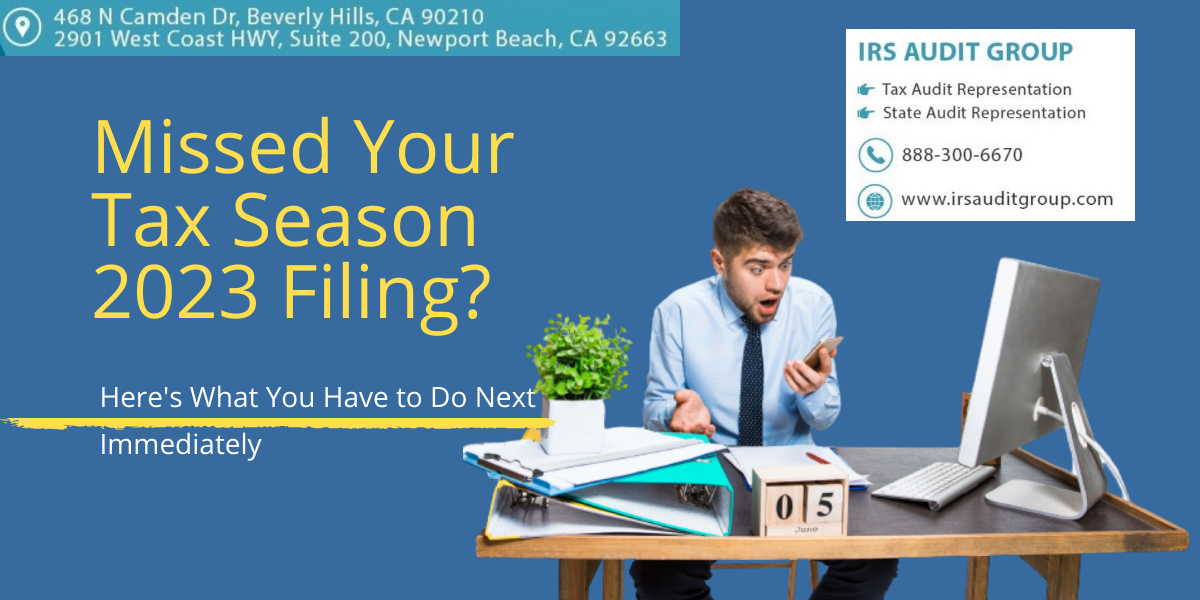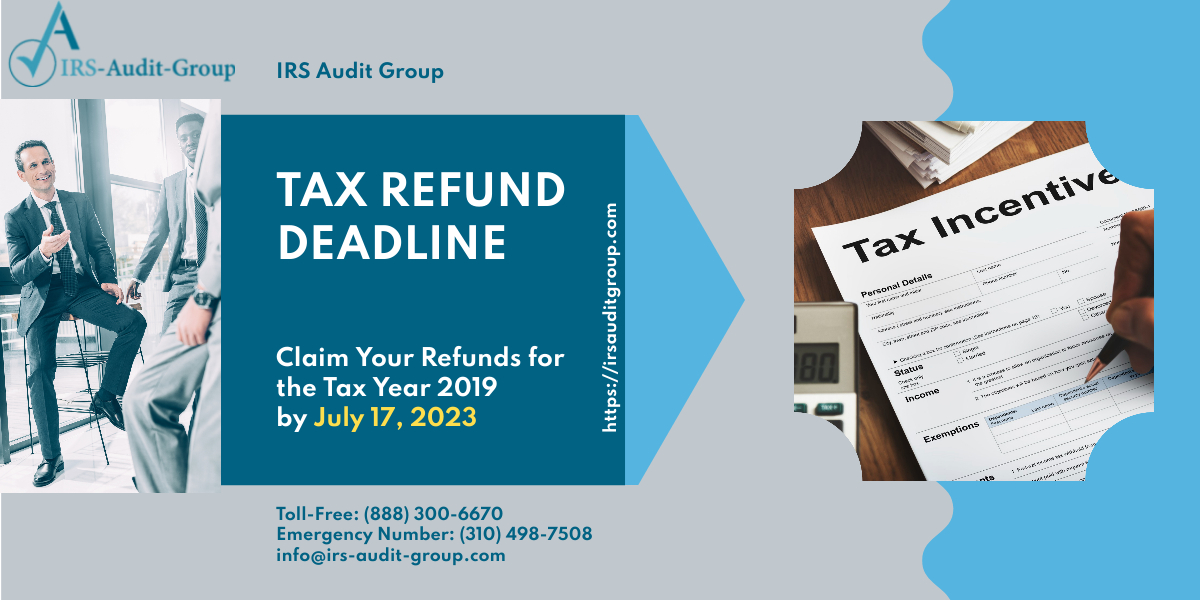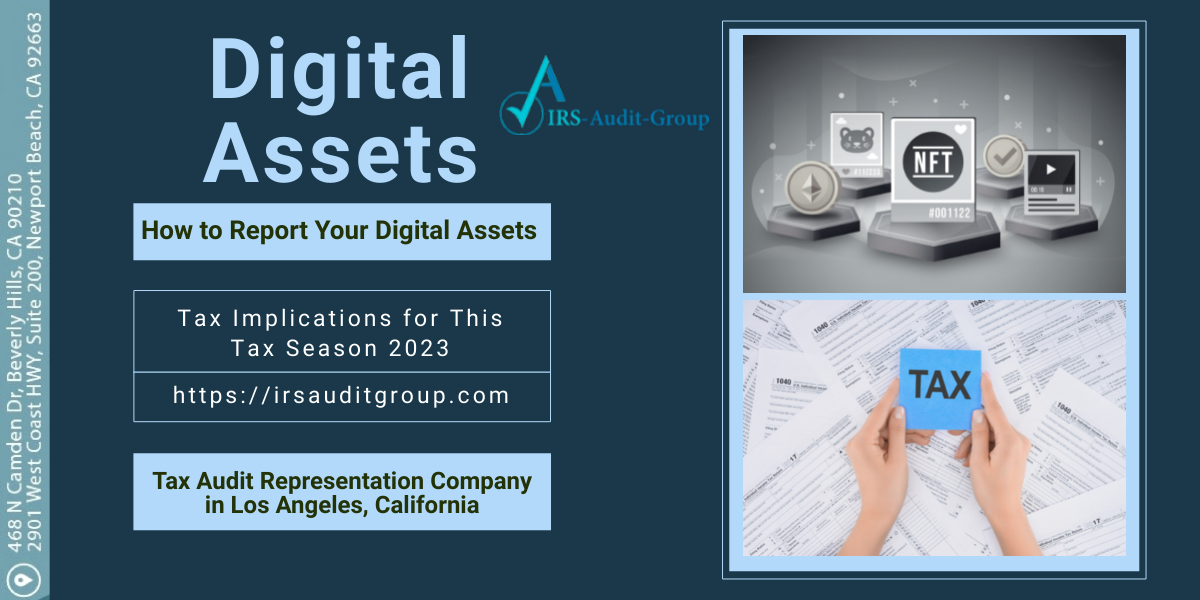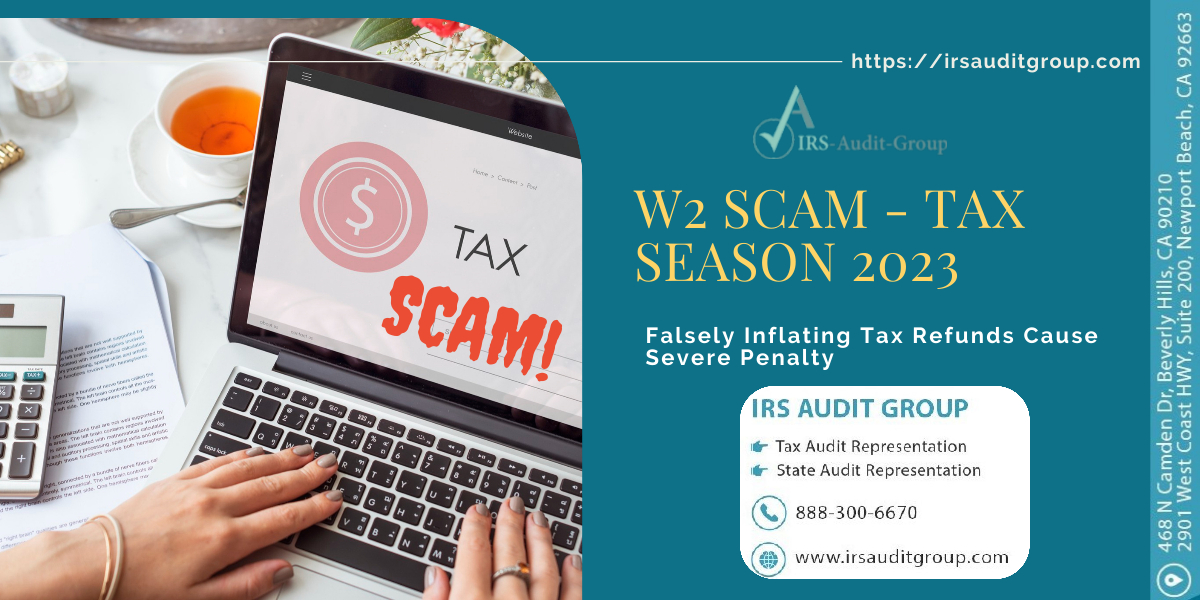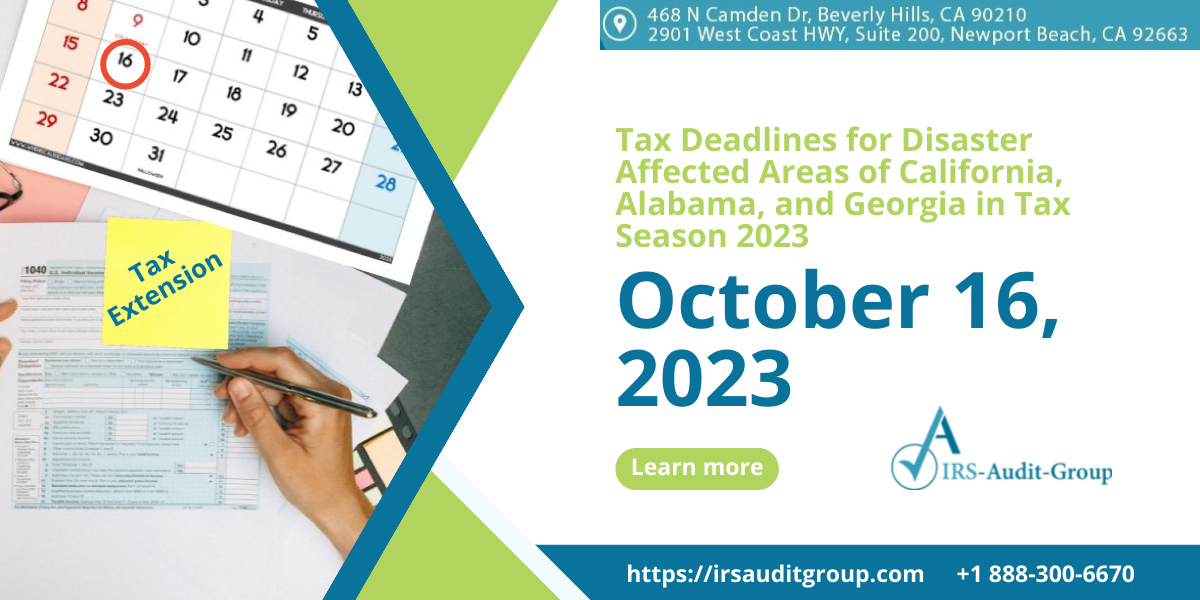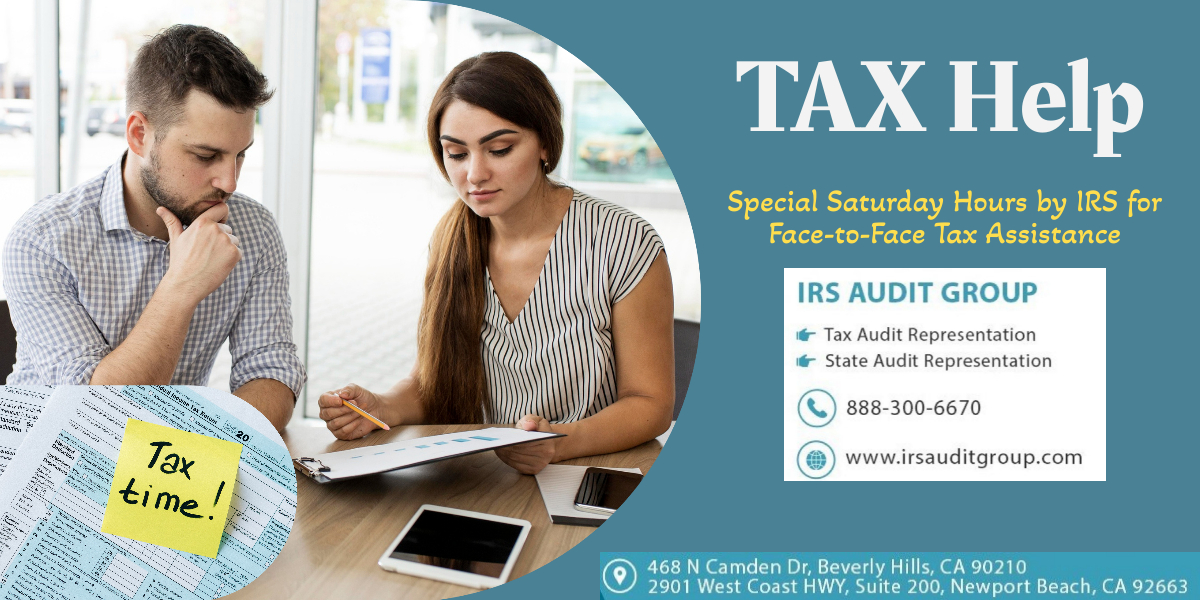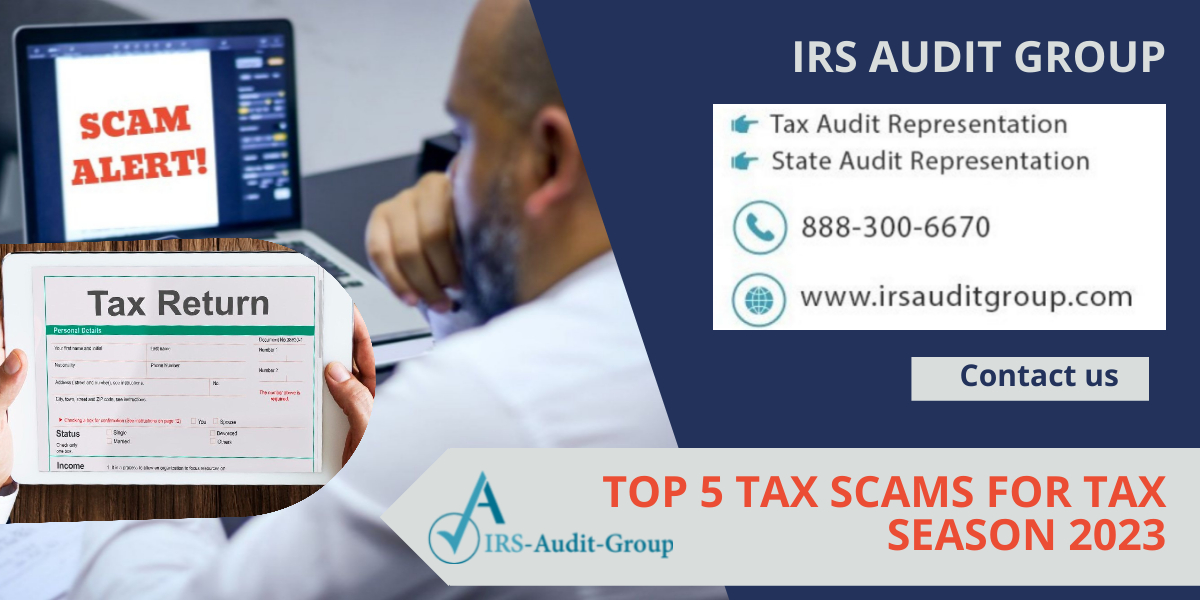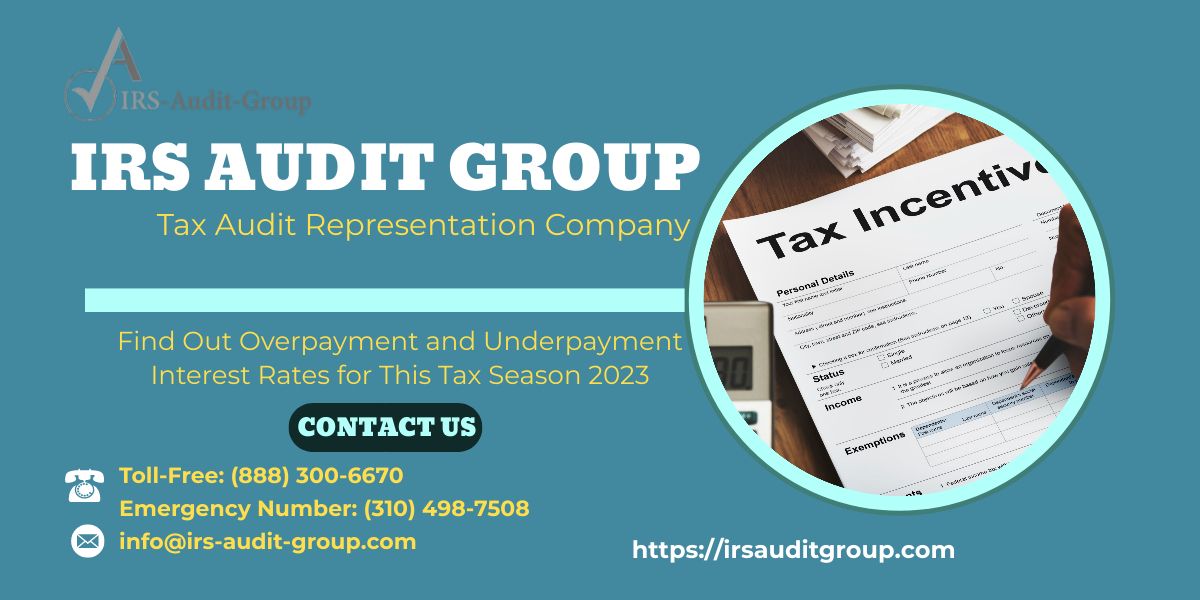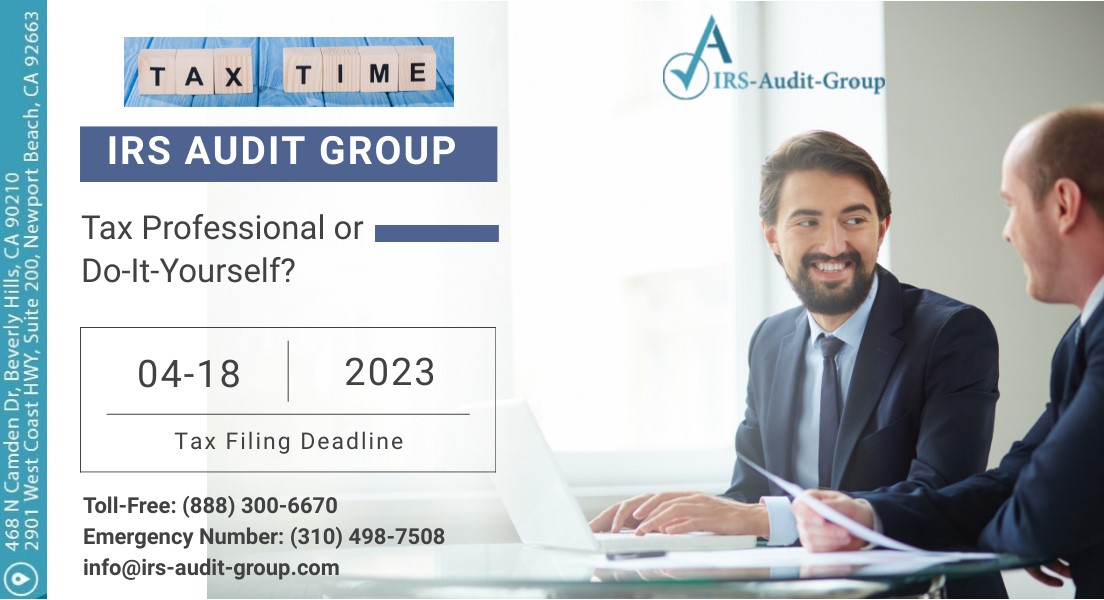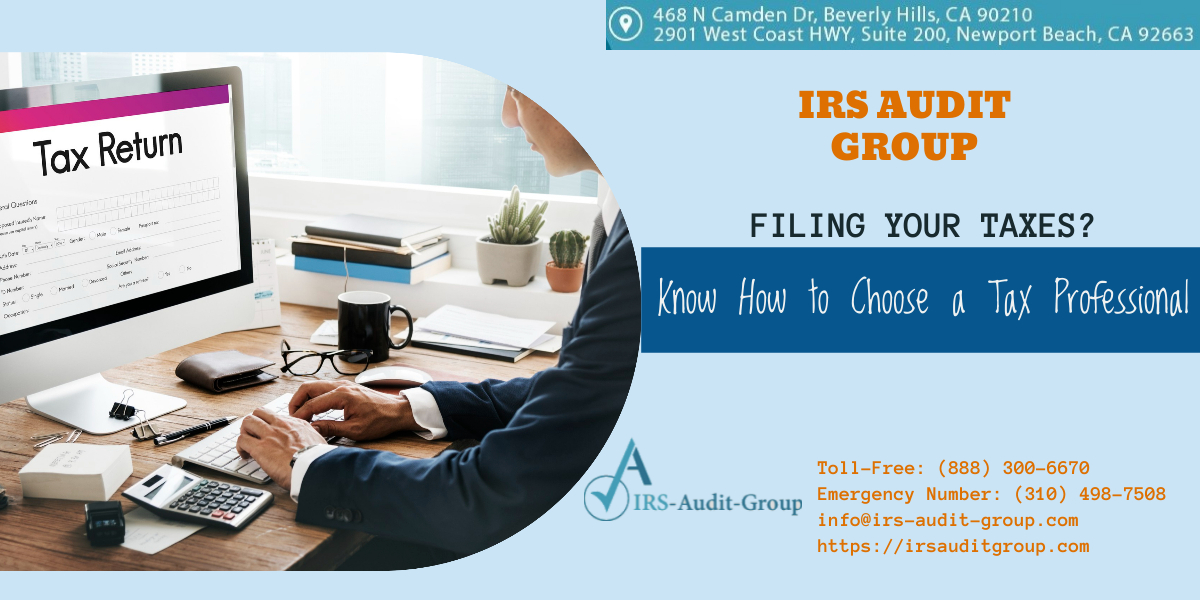Tax season can be a stressful time for those who run behind the filing schedule. Taxpayers who aren’t able to file their returns for tax season 2023 by April 18, 2023, deadline, can request an extension. Filing an extension will give an additional six months to file taxes. However, it is important to note that an extension does not give taxpayers extra time to pay any taxes owed. Taxpayers need to pay their federal income tax due by April 18, 2023, to avoid interest and penalties.
If you have missed paying the taxes and/or failure to file an extension before the deadline, the following options are the next actions available now.
Option 1: Pay Taxes as Soon as Possible.
If one owes taxes, it is important to pay them as soon as possible. If you are unable to pay the full amount, then can still make a partial payment to reduce the amount of interest and penalties. Taxpayers can make a payment online using the IRS Direct Pay system, which allows individuals to pay directly from their bank account. Taxpayers can also pay by credit or with a debit card, with certain additional fees associated with this method.
Option 2: Set Up a Payment Plan
The IRS gives an option for taxpayers who cannot pay the full amount owed all at once. They can set up a payment plan with the IRS. This will allow taxpayers to make monthly payments until the balance amount is paid in full. To set up a payment plan, an individual needs to fill out Form 9465.
There are two types of payment plans available: short-term and long-term. A short-term payment plan allows payment of the balance in full within 120 days. No extra fee associated with this plan, but interest and penalties will continue to accrue until the balance is paid in full. A long-term payment plan allows payment of a balance over a period of several months or years. There is a fee associated with this plan, and interest and penalties will continue to accrue until the balance is paid in full.
Option 3: Offer in Compromise
If the taxpayer is unable to pay the full amount owed and can’t set up a payment plan, they are eligible for an Offer in Compromise. This is an agreement between the taxpayer and the IRS to settle the debt for less than the full amount owed. To be eligible for an Offer of Compromise, one needs to demonstrate that paying the full amount owed would cause financial hardship. And also need to provide detailed financial information, including their income, expenses, assets, and liabilities. To apply for an Offer in Compromise, the individual needs to fill out Form 656. It is important to note that an Offer in Compromise is not guaranteed, and the IRS will carefully review the individual’s financial information before making a decision.
In case an individual has missed the tax season 2023 deadline and owes taxes; it is important to act as soon as possible. Filing an extension, paying taxes as soon as possible, setting up a payment plan, or exploring an Offer in Compromise are all options to consider. Be sure to consult with a tax professional to determine the best course of action for the specific situation.
IRS Audit Group is Los Angeles-based company that offers tax audit representation services to individuals and businesses facing IRS audits or disputes. The company’s team consists of CPAs, tax attorneys, and enrolled agents who have experience working on both sides of tax disputes. If you receive any mail from IRS regarding a tax audit, don’t panic and don’t delay, contact a tax professional who is experienced in handling IRS audits by us. Contact us for a free consultation on understanding your tax situation.
https://irsauditgroup.com/contact/
Telephone Number: (310) 498-7508

